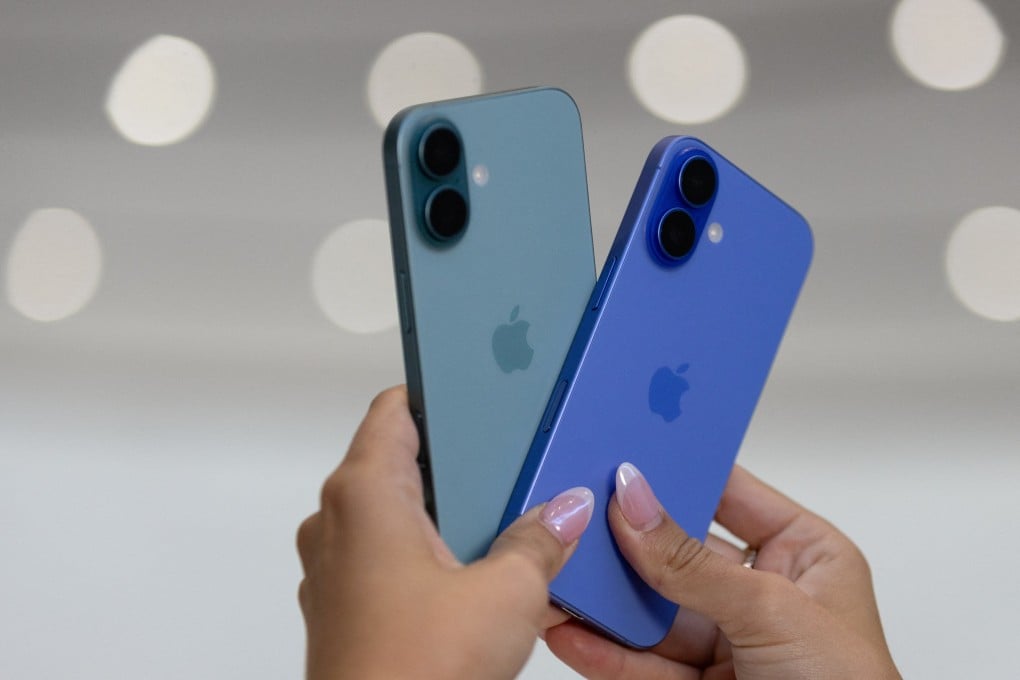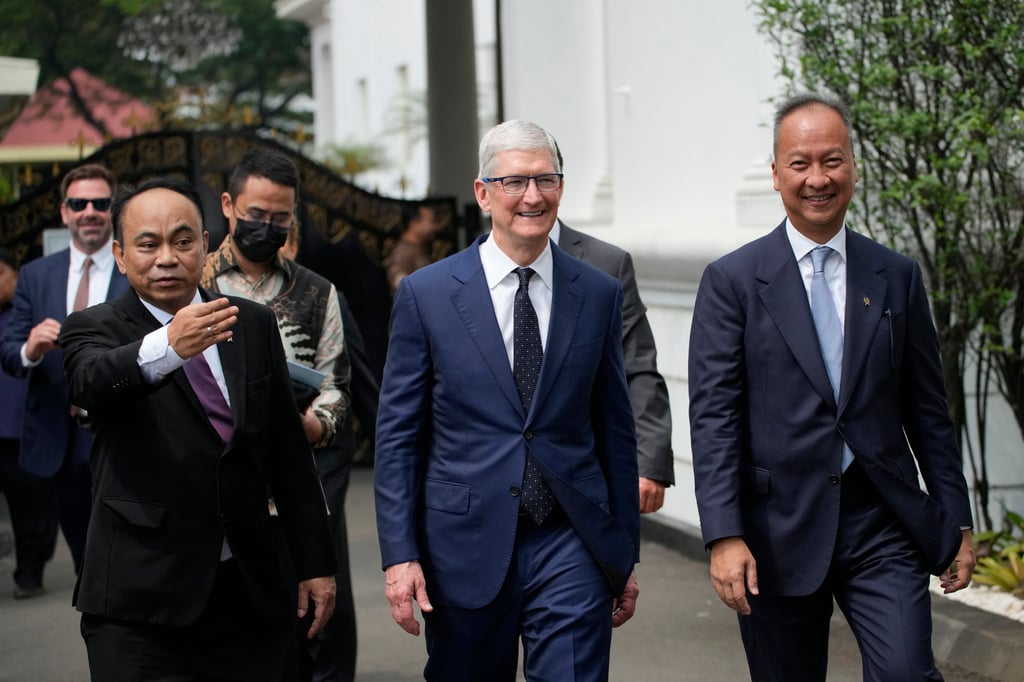Apple’s iPhone 16 still banned in Indonesia despite US$1 billion investment
Apple’s iPhone 16 remains banned in Indonesia because it has failed to meet local content rules

Apple still cannot sell its iPhone 16 in Indonesia despite striking a deal to build a local production facility there, as it has not met domestic content rules, the industry minister said on Wednesday.
Last year, Indonesia banned iPhone 16 sales after Apple failed to meet requirements that smartphones sold domestically should comprise at least 35 per cent locally-made parts.
Minister Agus Gumiwang Kartasasmita said Apple had struck a deal to build a US$1 billion facility that would start operations next year producing its Airtag tracking device on Indonesia’s Batam island, close to Singapore, but that still would not count as a locally-made iPhone part.
“There is no basis for the ministry to issue a local content certification as a way for Apple to have the permission to sell iPhone 16 because [the facility] has no direct relations,” he said, adding the ministry would only count phone components, and that Apple needs to sell its flagship device in Indonesia.
“Apple needs to negotiate with us so that we can issue a certificate.”

According to Agus, Apple could be sanctioned for its continued non-compliance with local investment rules, though that would be the government’s last resort. “We will look for other ways or options,” he said, adding that the government has already sent a counterproposal to Apple.
